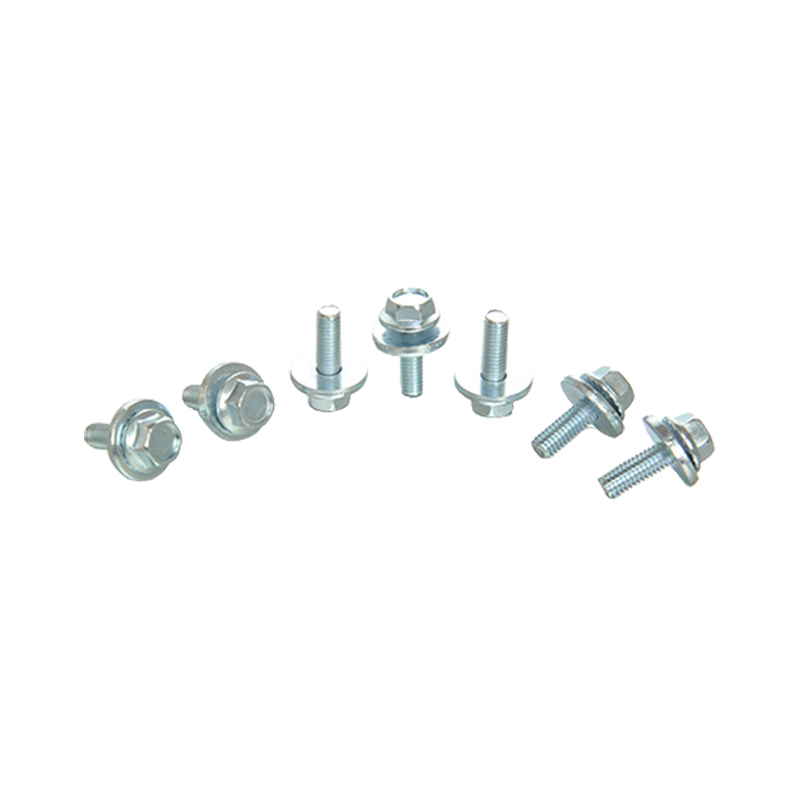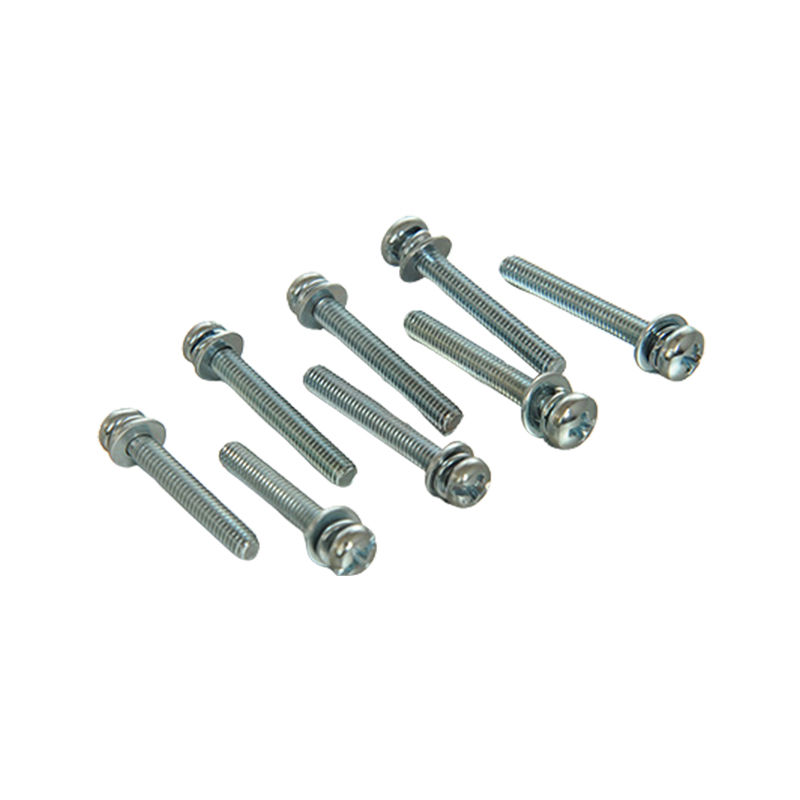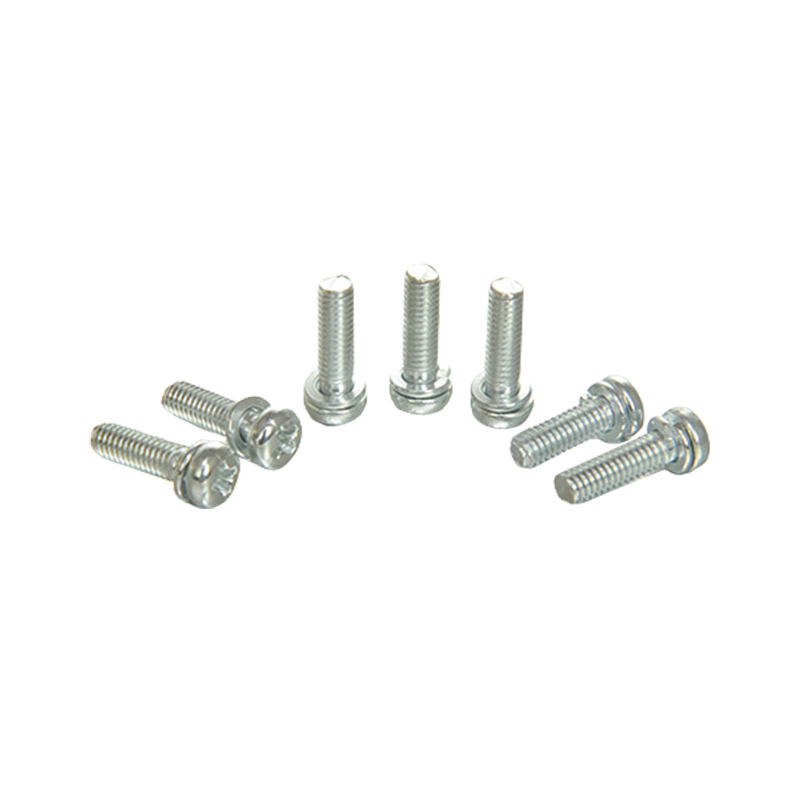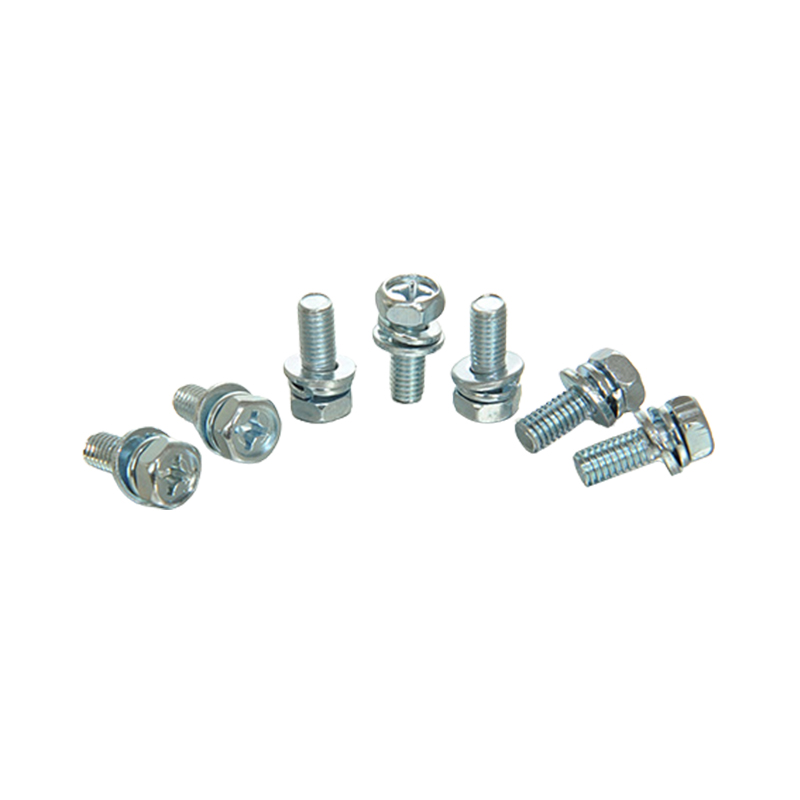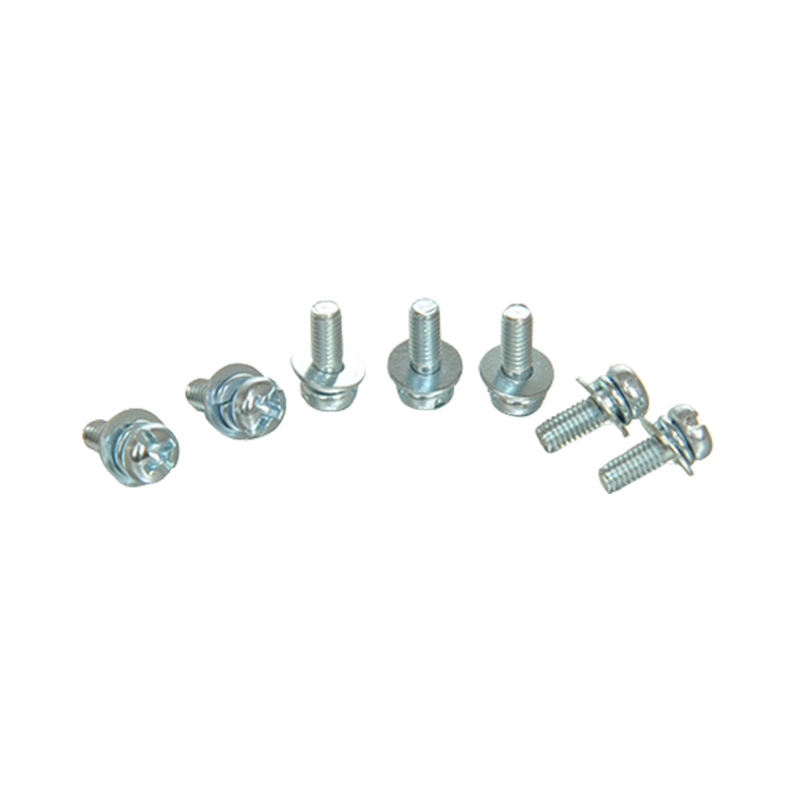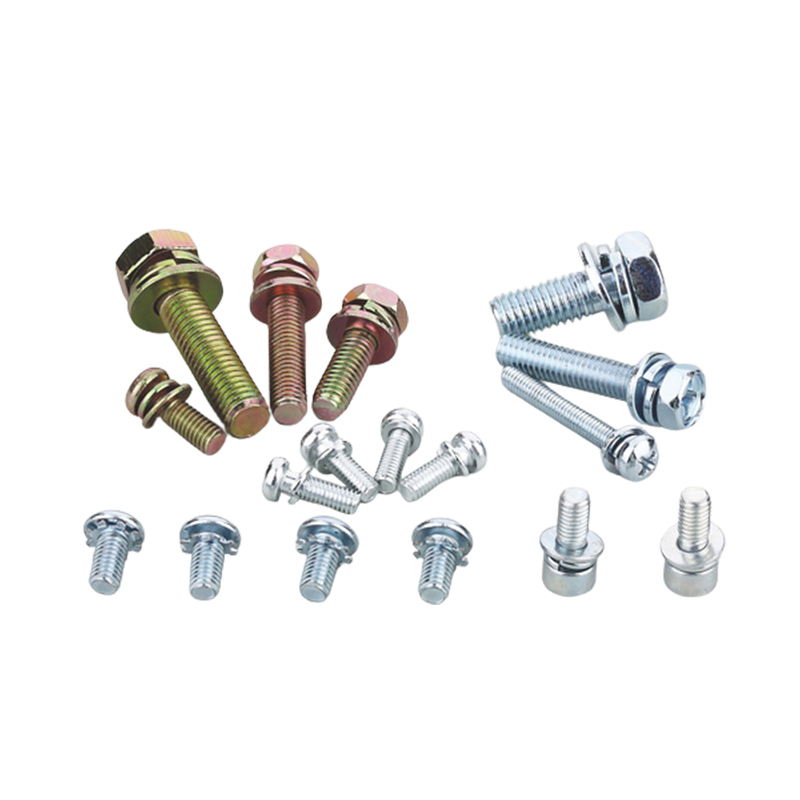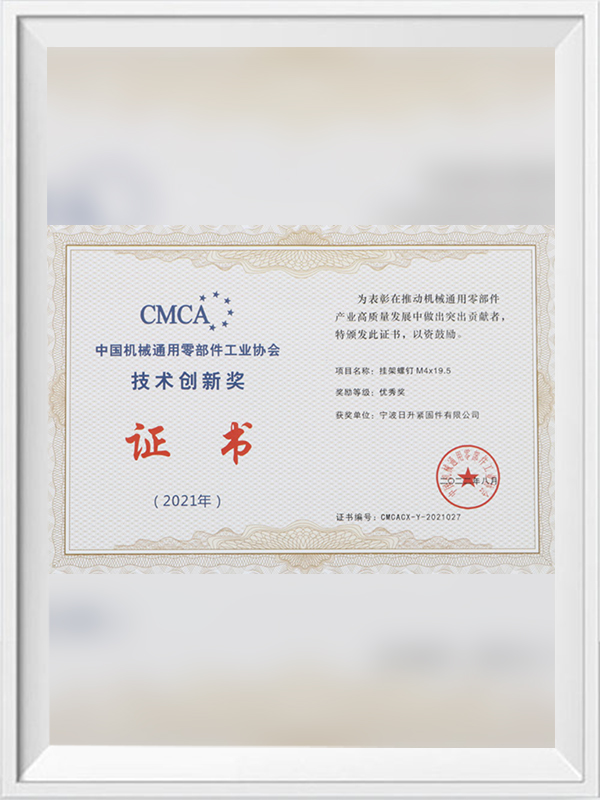1. The Maintenance and Durability of Combination Screws
Maintaining combination screws is essential to ensure their longevity and reliable performance across diverse applications. Proper maintenance practices mitigate risks of corrosion, wear, and mechanical failure, thereby maximizing the lifespan and effectiveness of these critical fasteners.
a)Corrosion Resistance: Combination screws are often exposed to environmental elements that can accelerate corrosion, such as moisture, chemicals, and varying temperatures. To enhance their durability, manufacturers offer screws with corrosion-resistant coatings such as zinc plating, stainless steel, or specialized coatings like galvanization or polymer coatings. Choosing the appropriate coating based on the application environment is crucial for preventing rust and corrosion, which can compromise the structural integrity of assemblies over time.
b)Inspection and Cleaning: Regular inspections are recommended to detect early signs of corrosion or wear on combination screws. Inspections should include checking for discoloration, rust spots, or loosening of fastenings. Cleaning procedures may involve using mild detergents or solvents to remove dirt, grease, or contaminants that can promote corrosion. Soft brushes or cloths should be used to avoid scratching the surface of the screws or their coatings.
c)Lubrication and Maintenance Schedule: Applying lubricants to combination screws can help reduce friction during installation and prevent galling or seizing, especially in applications subject to frequent disassembly and reassembly. Silicone-based or dry film lubricants are often recommended for their compatibility with various materials and their ability to provide long-lasting protection against wear.
d)Replacement and Upgrading: Over time, combination screws may need replacement due to wear, corrosion, or changes in application requirements. Upgrading to screws with higher corrosion resistance or stronger materials can enhance the durability and performance of assemblies, especially in environments prone to harsh conditions or frequent mechanical stress.
e)Environmental Considerations: Consideration of environmental factors such as temperature fluctuations, humidity levels, and exposure to chemicals or UV radiation is crucial in determining the maintenance needs of combination screws. Protective measures, such as using weatherproof seals or coatings, can further safeguard screws from environmental degradation and prolong their service life in outdoor or industrial settings.
2. Applications in Industry
Combination screws find widespread use across diverse industrial sectors, owing to their unique design that blends the functionalities of machine screws and wood screws. This versatility makes them indispensable in various applications where reliability, efficiency, and ease of installation are paramount.
a)Construction and Building Industry: In the construction industry, combination screws are favored for their ability to securely fasten materials of different densities. They are commonly used in framing, decking, and roofing applications where the combination of wood screw threading near the head ensures strong anchoring into wooden structures, while the machine screw threading provides a stable connection with metal brackets, hinges, or other hardware components. This dual-thread design simplifies assembly processes and enhances structural integrity, contributing to the durability of building constructions.
b)Furniture Manufacturing: In furniture manufacturing, combination screws play a crucial role in assembling different components such as joints, handles, and hinges. Their dual-thread design allows furniture makers to efficiently fasten wooden panels, metal hardware, and other materials without the need for multiple types of screws. This not only streamlines production processes but also ensures that assembled furniture pieces are sturdy and long-lasting, meeting stringent quality standards.
c)Automotive and Transportation: Within the automotive and transportation industries, combination screws are utilized for assembling interior components, trim panels, and electronic modules. Their ability to securely fasten into metal and plastic materials while maintaining strong grip in softer materials like upholstery or dashboard panels makes them ideal for ensuring tight, vibration-resistant connections. This reliability is crucial in maintaining vehicle safety and comfort standards, as well as in facilitating efficient assembly processes on assembly lines.
d)Electronics and Electrical Enclosures: Combination screws are extensively employed in the assembly of electrical enclosures, control panels, and electronic devices. Their dual-thread design allows for secure attachment to metal or plastic housings while accommodating the attachment of internal components such as circuit boards, terminals, and wiring harnesses. This versatility in fastening materials of varying thicknesses and compositions ensures reliable electrical connections and protects sensitive electronic equipment from mechanical stresses and vibrations.
e)Industrial Machinery and Equipment: In industrial machinery and equipment manufacturing, combination screws are used for assembling structural components, access panels, and machine guards. Their ability to provide robust fastening solutions across different materials and environments enhances the operational reliability and safety of machinery. Whether securing steel panels in heavy machinery or attaching covers on industrial equipment, combination screws contribute to minimizing downtime and ensuring operational efficiency in industrial settings.



